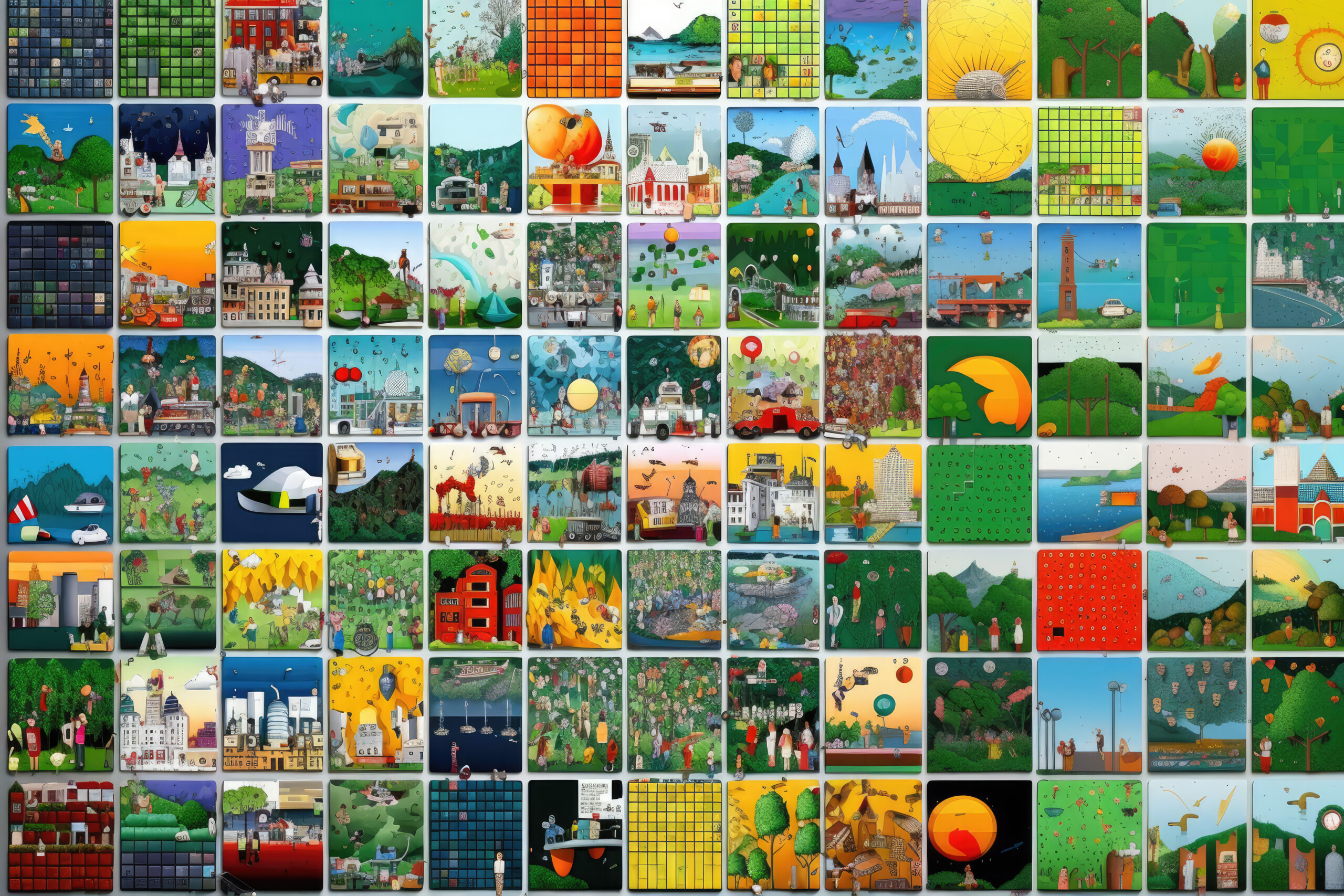You can find a PDF of this lesson plan here.
Lesson Overview
“Is life getting better or worse?” That is the question posed by the site Your Life in Numbers by HumanProgress.org
How do you measure progress? One way is by looking at the data: examine average longevity, infant mortality, income, food supply, years of schooling, and level of democracy.
In this lesson, you’ll learn how these measures have changed during your lifetime and compare your results with people in other countries.
Warm-up
Is life getting better or worse? Why do you think so?
Where did your opinion about the state of the world come from? Has it been influenced by the news? By family, friends, teachers, or others?
Make a prediction. Write this sentence: “The average income of a person in __________ (your country) increased/decreased in the last 15 years.” Fill in the blank and choose one: increased or decreased.
Questions for reading, writing, and discussion
Go to Your Life in Numbers. Read the first section and answer these questions:
- What does ‘average’ mean? Write the definition in your own words and then check it here.
- When thinking about people’s lives, what are some of the advantages and disadvantages of looking at averages?
- Examine the data in the first section. In worldwide terms, how have circumstances changed on the following measures since 1950? Circle either increased or decreased.
- Average life expectancy: increased/decreased
- Average infant mortality: increased/decreased
- Income per person: increased/decreased
- Food supply per person: increased/decreased
- Average years of schooling: increased/decreased
- Level of democracy: increased/decreased
- Which worldwide development cited in the first section surprised you the most? Which development were you already aware of?
Complete Step 1: Select Birth Year and Step 2: Select Your Country of Birth
- On which of the six measures, if any, has life improved on average in your country over your lifetime? Be specific.
- On which of the six measures, if any, has life gotten worse on average in your country over your lifetime? Be specific.
- On which of the six measures has there been no change in your country during your lifetime? Be specific.
Complete Step 3: Select a Country to Compare. Look at the differences and similarities between your country and the other country on the graph. Read the statistics in the table below the graph. (Countries may also be assigned by your teacher)
Extension Activity/Homework
Option 1: Write an essay in which you address these questions:
- How has life changed in your country over your lifetime?
- How do the changes in your country compare to changes in another country of your choice during the same period?
In your essay, be sure to answer these questions:
- With which country are you comparing your experience? Name the other country.
- Answer these questions about that country:
- On which of the six measures, if any, has life improved on average in that country over your lifetime? Be specific.
- On which of the six measures, if any, has life gotten worse on average in that country over your lifetime? Be specific.
- On which of the six measures has there been no change in that country during your lifetime? Be specific.
- Which institution, norms or principles helped account for the progress, or lack thereof, in the countries you examined?
- What conclusions can you draw from making these comparisons between your experience and that of a person born in the same year in __________ (name of country)?
- What surprised you about these results? How have your views of your own country changed? How have your views of the other country changed?
- What do you think accounts for the differences and similarities between your country and __________ (name of country) over your lifetime?
Option 2: Create a presentation using above essay criteria as a guide and present to class.
Option 3: Create a presentation using essay criteria and make a short video. Post on classdiscussion board and then view and comment on another classmate’s presentation.



